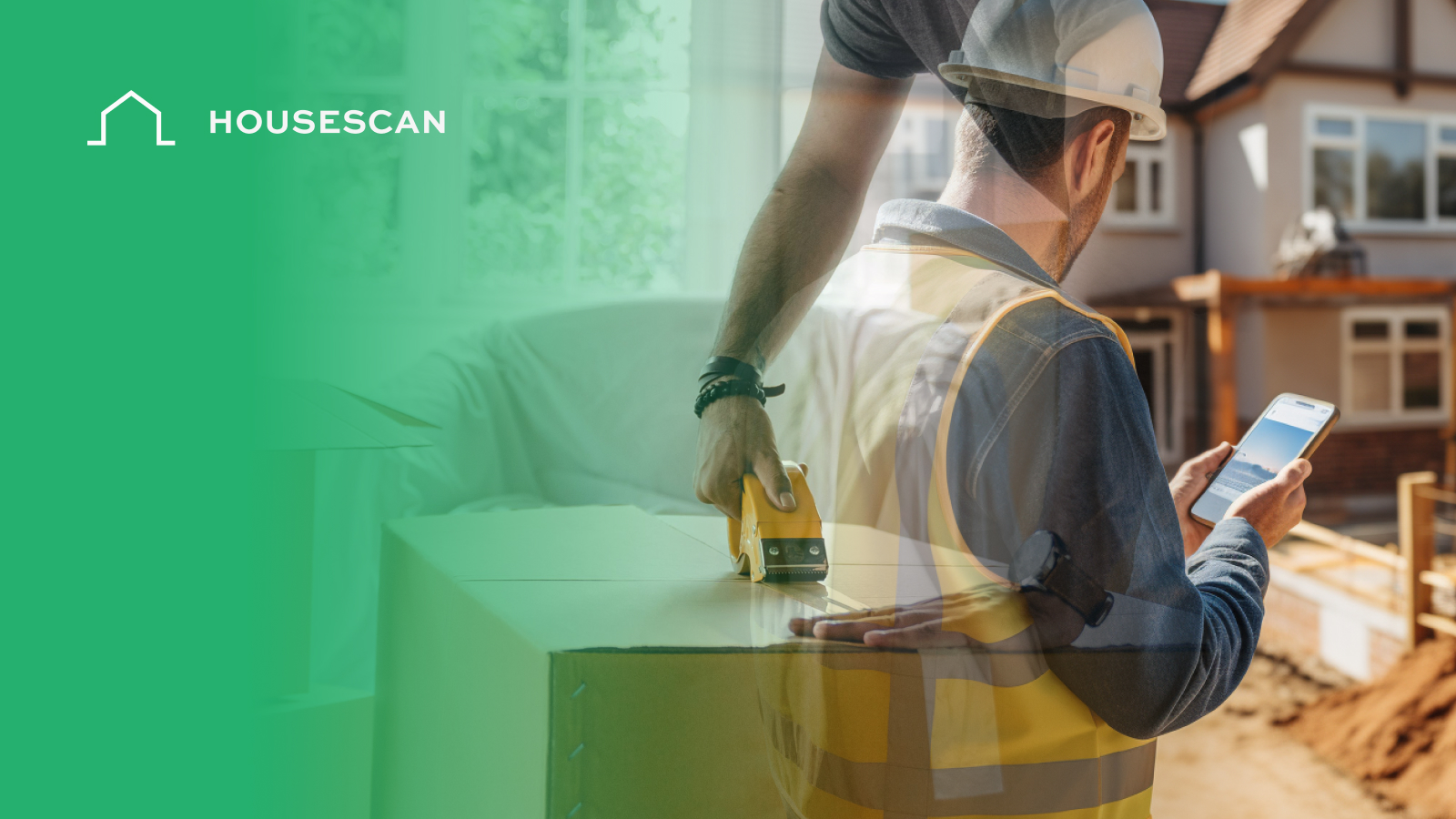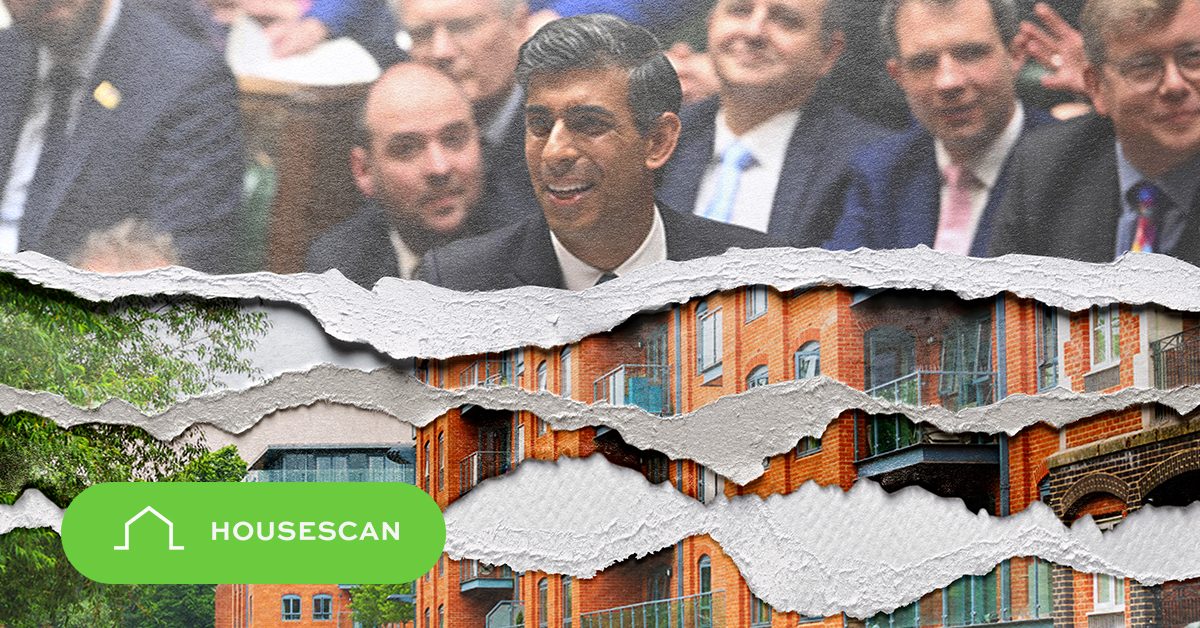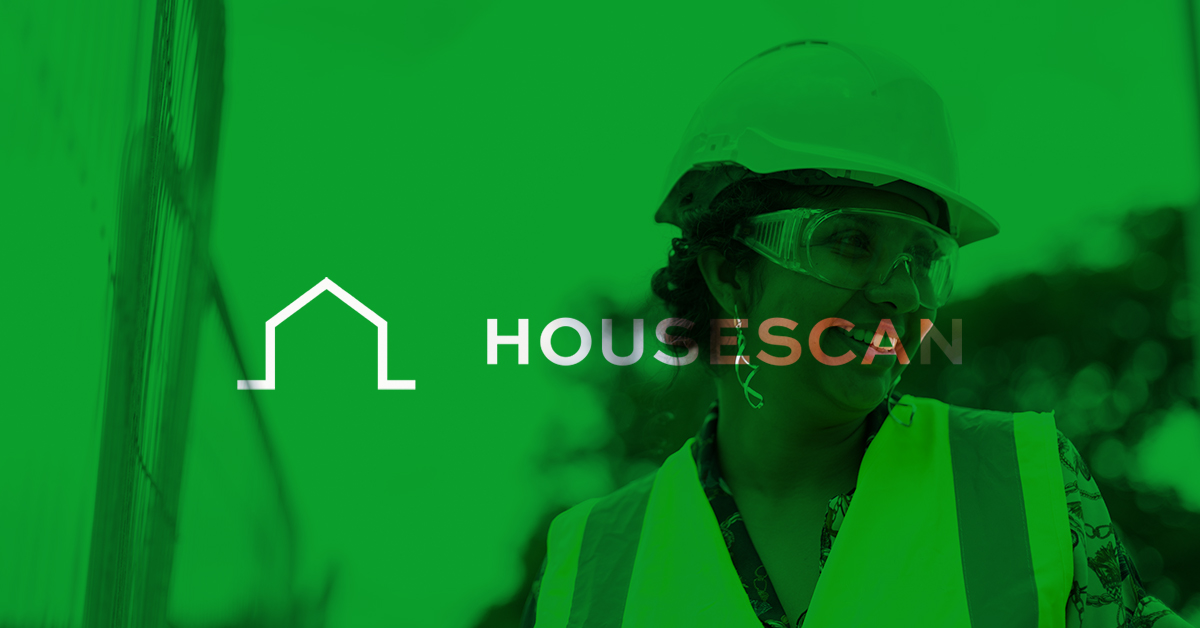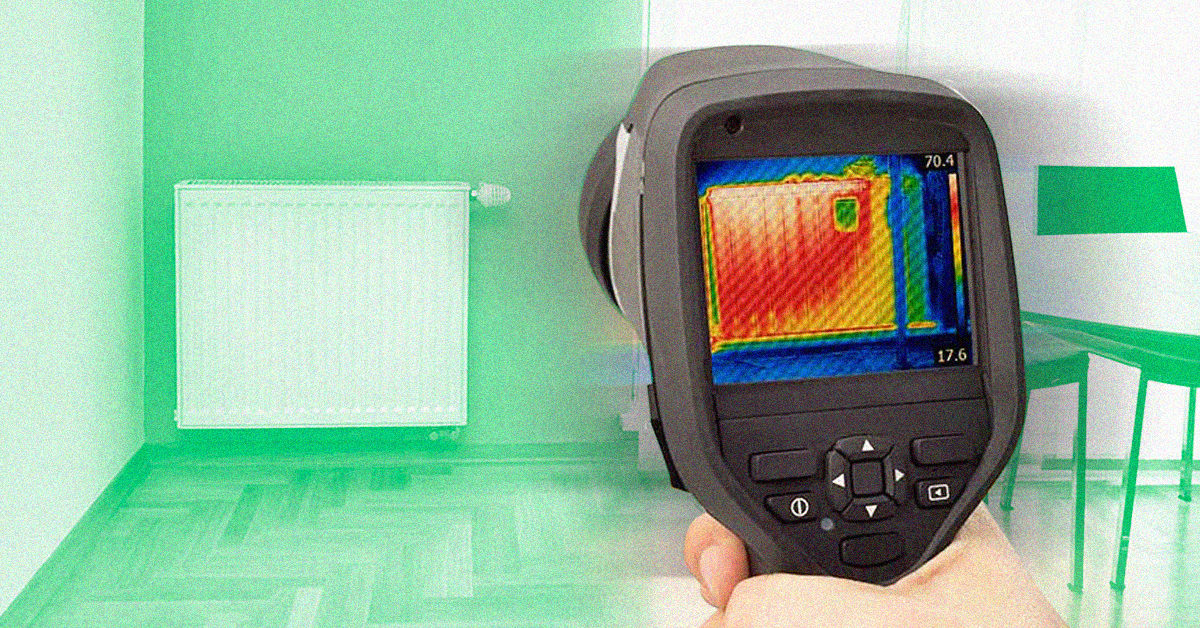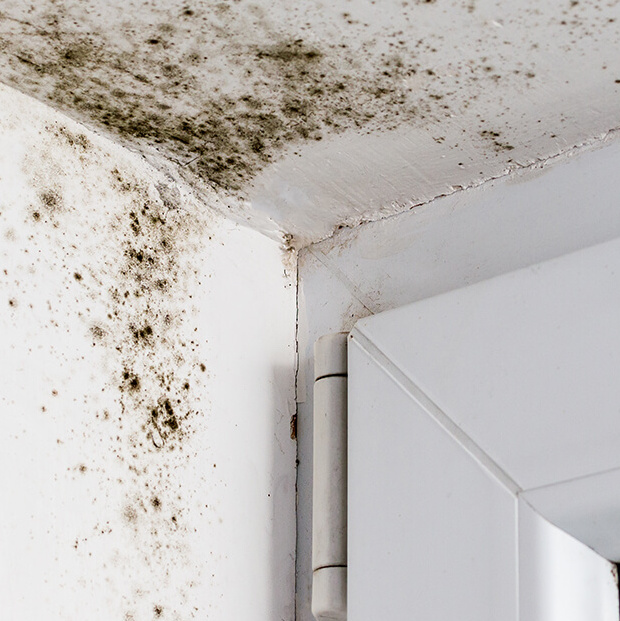
What time of year should I start heating my new build home?
What temperature should rooms be?
You should aim for the bedroom and bathrooms within your property to be no less than 18°C. For living rooms etc you should aim for 21-22°C. Most people will be using a thermostat or timer and you should remember that you don’t necessarily need to turn the heating up in your property just because it’s colder outside. The objective really is to create a consistent internal living temperature.
When should I turn the heating in my home on?
Your timer should be set to come on in the morning at least 30 mins before anyone gets up. Depending on the thermal performance of your property you may want to extend this period. If everyone in the house is going to work then you should set the timer to switch off around 3 hours after it has come on. If you’ve been out to work then set your timer to come back on at least 30 minutes before you come back from work.
If you’re at home then have the heating stay on all day just at a lower temperature. Is it not advisable to have your heating on for 1 hour or less. During extremely cold periods you should leave your heating on all day regardless of if you’re in but at a lower temperature.
Why should you not leave your heating on for short periods?
You shouldn’t put your heating on for short periods of time. This will make any problems with drying out or condensation worse. The air absorbs water vapour faster than the walls can warm up. When the heating is turned off the air cools very quickly and condensation rapidly occurs, cooling the walls further.
How can my trickle vents prevent Mould Growth and Condensation?
Your trickle vents (if you have them) will play a vital role in your new build home drying out. When you initially move into your home your developer will likely tell you to leave them open at all times. This is true as keeping the airflow circulating around your house is vital at this point. However, this does not mean you should turn your heating up to full blast and have vents open. This will increase condensation and raise the humidity levels within your home. For this reason, leave the vents open when it’s cool outside and ensure you’re not turning your heating up to compensate for how cool your home is because of open vents.
Can I dry my washing inside?
Can Furniture cause mould growth?
It’s true that furniture can encourage mould growth in your new build. If the furniture is put too close to walls, then the circulation around the room is prohibited. Where possible you should leave a gap of at least 100mm between any furniture and walls. Don’t position sofas or chairs in front of radiators, this will block the majority of the heat circulating around the room efficiently.
Curtains and Blinds causing Mould growth?
Ensure that curtains and blinds are always left open during the day. If you leave them closed they make the surface of the window cooler and this can increase condensation. It also means that the sun can’t get into your property and naturally help warm your home. It’s vital that if you have a radiator underneath your curtains or blinds/window that they do not drape over the radiator. Otherwise, hot air can get trapped and the circulation and convection purposes of the radiator won’t be truly realised and this will prevent you home drying out correctly.
Related Posts
Quality Assurance in the Post-Pandemic Housing Boom: Why Professional New-Build Inspections are Essential
The COVID-19 pandemic triggered seismic shifts in the real estate market, sparking a surge in…
Major Changes to UK Leasehold Laws Announced in 2023
The UK government has announced sweeping reforms to leasehold laws in England and Wales, bringing…
Women in Construction: A Conversation with Helen Mackenzie
How well this mistaken ideas off denouncing pleasure & praisings will give you complete.
The Power of Thermal Imaging in Professional Snagging
How well this mistaken ideas off denouncing pleasure & praisings will give you complete.



